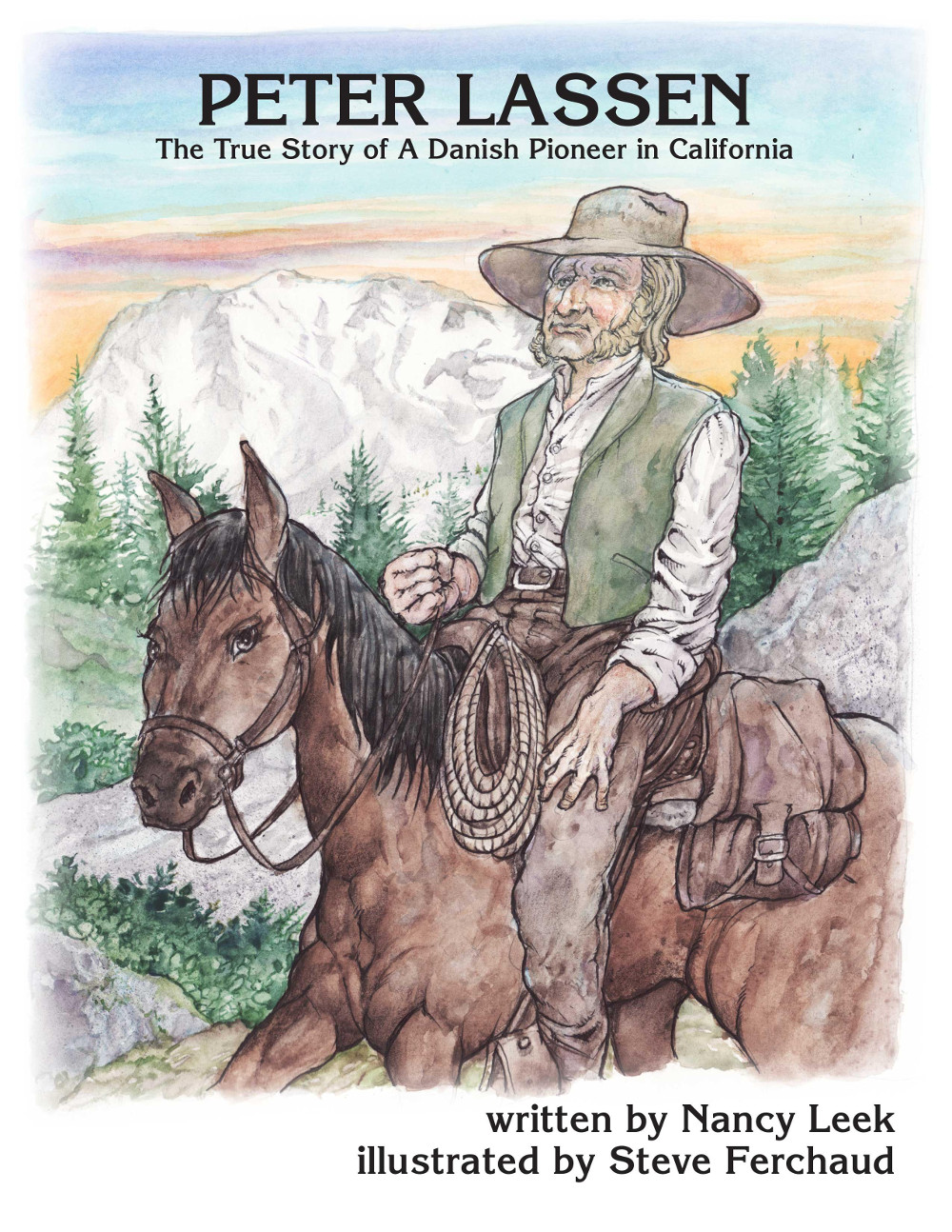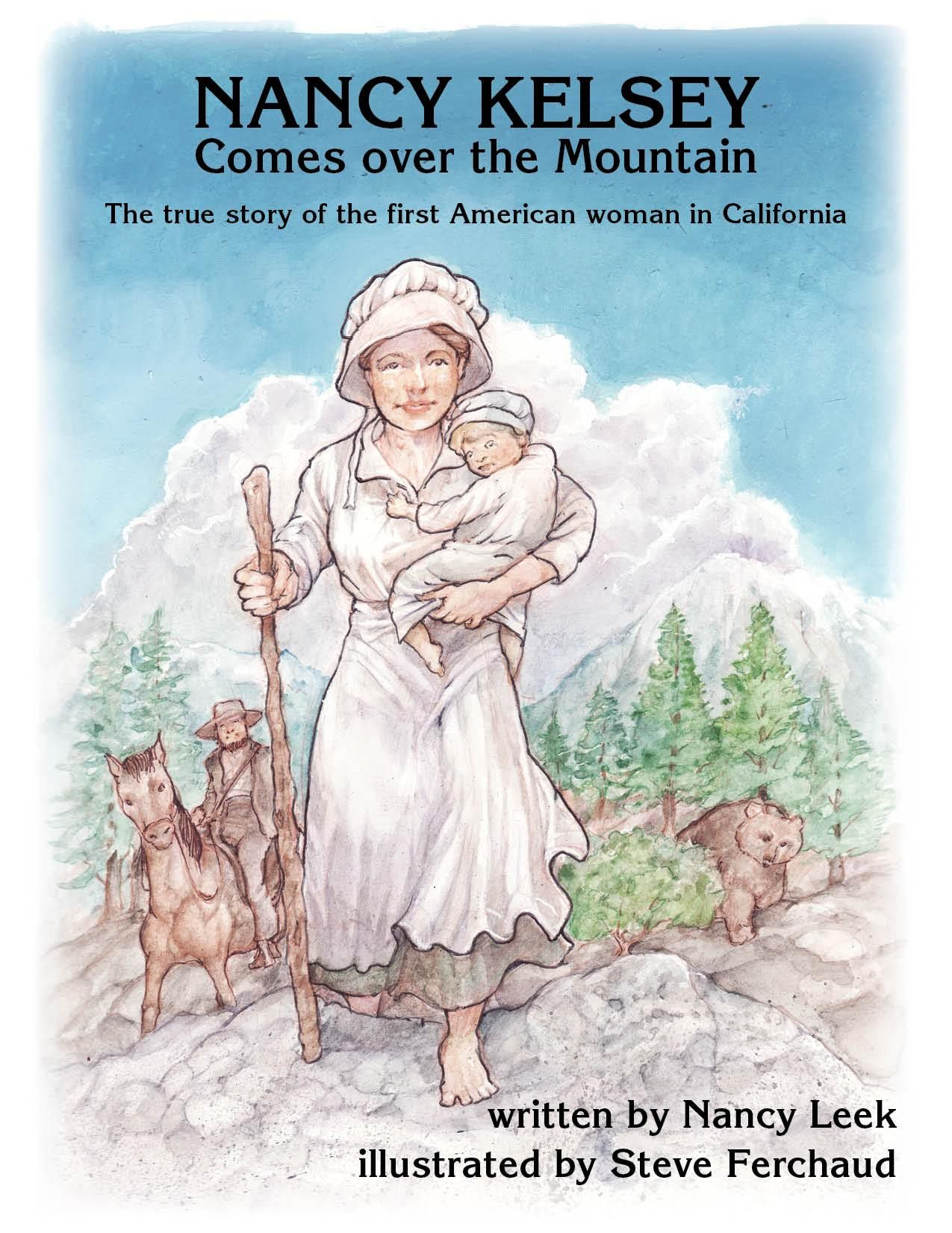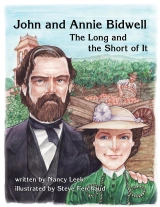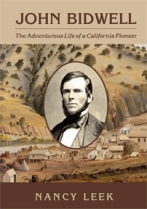The eminent historian of the American West, Dale Morgan, called The diary of William B. Lorton “the finest Forty-niner diary I have ever laid eyes on.” Having known Dale Morgan many, many, many years ago when I was a student and he was the historian in residence at the Bancroft Library, I don’t need any other recommendation than that.
But until now Lorton’s 1849 journal was unavailable to readers. It stayed in family hands until the 1950s, when Morgan was able to borrow it for the Bancroft Library at UC Berkeley. Later it was donated to the Bancroft and Morgan began on a transcript of the minuscule handwriting in the four small volumes. He intended to publish it but was unable to finish the task before his death in 1971.
The torch was passed to overland trail enthusiasts and historians LeRoy and Jean Johnson. They have completed the monumental task of editing the journals, complete with comprehensive notes, maps, and photographs. They are careful to preserve his idiosyncratic spelling while clarifying his frequent abbreviations.
Lorton liked keeping a diary, and filled his with all those minutiae which bring an age to life. He had a most visit eye for details, and a quick ear too; I have seen no diary which in a comparable way evokes for the modern reader the sound of things on the trail in 1849.
Dale L. Morgan, March 14, 1961
The title of Troubadour on the Road to Gold refers to Lorton’s talent for entertaining his companions around the campfire with popular songs of the day, especially what he called “Negro melodies.” The book is published by the University of Utah Press.
William B. Lorton was a 20-year-old New Yorker who was in Illinois when he heard about gold in California. He made his way to St. Joseph, Missouri, one of the the starting points for wagon trains to California. Here is the description of St. Jo on May 8, 1849:
In a town like St. Jo at the present time, [there is] everything to attract the eye. Boats are now going up to the [Council] bluffs. Our goods are here, & as we have come 100 miles out of our way, wagons are perfectly ram[ed], jamed, cramed, in among the cattle & mules that croud its st[reet]s. Teems are formed in a line by the hundreds, numbered, awaiting their turns to cross the ferry. There is only 2 flat boats, crossing night & day. . . Some have waited 3 weeks for their turn, others have went out on the suburbs & camped almost discouraged. Corn is selling at 50 cts. A great many persons are out of funds, & have to let their cattle nearly starve. (p. 53)
What a ruckus it must have been. More from Mr. Lorton coming soon.







Too bad this book is so expensive. I guess it is rare and hard to find. I’d love to sit down and read it. I look forward to more passages being shared in your goldfieldbooks.
I don’t know why it is so expensive. Request your public library to buy it — libraries are usually very responsive to requests to purchase.